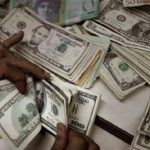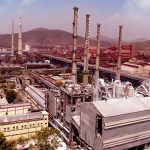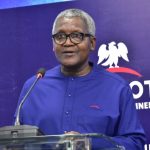Economy
FG Must Reduce Debt Burden Ratio Below 20%—FSDH
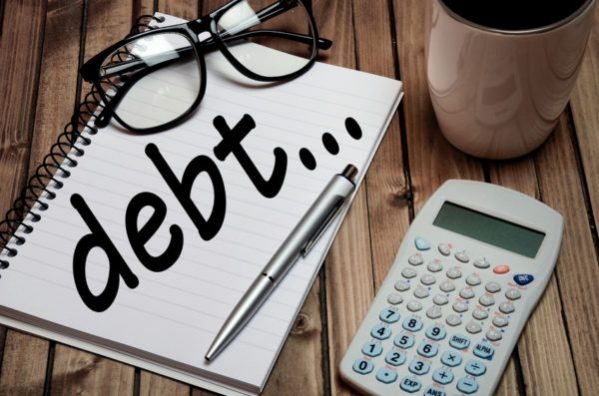

By Modupe Gbadeyanka
Federal Government has been advised to development ways to reduce its debt burden ratio below 20 percent, at least in the main time.
FSDH Research, in its latest report titled ‘Nigerian Public Debt: A Comparative Analysis,’ said the fact that interest payment is such a significant part of government revenue limits the revenue left for the government to undertake other developmental projects in the short-term.
“We expect this position to improve as government revenue increases as a result of the ongoing economic measures in the country to raise the level of revenue.
“We are of the opinion that government should develop strategies to reduce the ratio of interest payment to revenue below 20 percent in the medium-term,” the firm suggested.
It said further that although the debt stock in Nigeria has increased substantially, it believes this is sustainable in the short-to-medium term given the economic growth potential of the country.
In the short-to-medium-term, government will need to borrow both from external and domestic sources in order to augment the low revenue facing the country as a result of the current economic challenges.
The FGN needs to improve critical infrastructure in the country to increase the competitiveness of the economy to attract investments. This requires more money than current government revenue. The FGN is also working to diversify its revenue base through the issuance of the FGN Savings Bond, Diaspora Bond, and Sukuk.
The efforts of the FGN coupled with the improvement in the macroeconomic environment should help to lower interest rate, it noted.
“We will also continue to encourage the government to partner with the private sector in the provision of critical infrastructure. In addition, government should ensure that any debt contracted is judiciously utilised on projects that promote economic growth and development,” FSDH Research said.
The firm said it observed that the public debt (total of both external and domestic debt) in Nigeria has been increasing over the last five years and the issue of the sustainability of the debt level has generated a lot of debate.
A comparative analysis of the debt-to-Gross Domestic Product (GDP) of a number of countries shows that the ratio of debt-to-GDP is very low in Nigeria.
“Amongst the countries we monitored, Japan recorded the highest debt-to-GDP of 250.40%. This was followed by the United States of America (U.S) with 104.17%; France 96%, United Kingdom (UK) 89.30%; and Germany 68.30%. India and China have a debt-to-GDP of 69.50% and 42.90% respectively. South Africa and Venezuela have debt-to-GDP of 50.10% and 49.80% respectively,” it said.
Available data from the Debt Management Office (DMO) shows that Nigeria’s total debt stock as at March 2017 stood at N19.16trn, representing an increase of 10.37% from the December 2016 figure of N17.36trn.
This also represents growth of 153.63% from N7.55trn in 2012. A breakdown of the debt stock shows that external debt accounted for 22.08% (N4.23trn), while domestic debt stock accounted for 77.92% (N14.93trn).
The increase in the total debt is attributable to the following factors: the need to fund infrastructure and to supplement the declining government revenue. Many analysts have argued that the increase in government’s appetite for borrowing has crowded out the private sector.
The proportion of domestic debt to total public debt dropped consistently between 2013 and Q1
2017.
On the average, the proportion of domestic debt to total debt was 85% between 2012 and 2015; but reduced to 78% between 2016 and Q1 2017.
The increase in external borrowing and the impact of exchange rate depreciation were the main reasons for the reduction in the proportion of the domestic debt stock. The FGN has set what it believes to be an optimal domestic debt to external debt ratio at 60:40. At the current (external to domestic debt) level of 78:22, it appears that there is still room to increase the external debt component of the total debt stock.
The debt-to-GDP in Nigeria as at December 2016 stood at 17.11%. This is far below the critical limit of 40% the FGN has set for the Nigerian economy.
This means that, by this metric alone, there is substantial room for the government to increase its borrowing.
However, the debt-to-GDP ratio is not the only issue. The major stress point is the rising level of interest payment relative to government revenue. The ratio of interest payment-to-government-revenue increased from 24.48% in 2012 to an estimated 35.32% in 2016.
The FGN expects that this ratio will moderate slightly to 33.67% in 2017.
Economy
Dangote Taps Vetiva, Others for $20bn Refinery NGX Listing
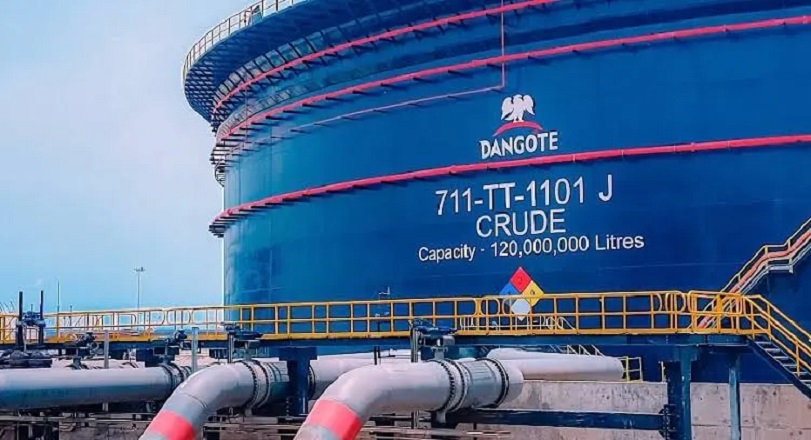
By Adedapo Adesanya
The Dangote Group has appointed Stanbic IBTC Capital, Vetiva Capital Management, and First Capital as lead issuing houses and financial advisers for its planned listing of its $20 billion Dangote Petroleum Refinery and Petrochemicals on the Nigerian Exchange (NGX) Limited in the coming months.
According to reports, which cited sources familiar with the matter, the listing could mark Africa’s largest equity offering, with plans to float 5-10 per cent of the refinery at a debut valuation of $40-50 billion. This could potentially boost the Nigerian main bourse’s market cap past N200 trillion from the current almost N125 trillion.
Stanbic IBTC, part of Standard Bank, will handle international book-building and foreign investor outreach, while Vetiva, with prior Dangote listing experience, focuses on local retail and regulations.
Late last month, the chairman of Dangote Group, Mr Aliko Dangote, said that within the next five months, Nigerians should be able to purchase shares of the refining subsidiary of his conglomerate.
The Lagos-based refinery is the largest single-train refinery in the world with 650,000 barrels per day refining capacity. There are efforts to boost the capacity to 1.4 million barrels per day soon.
“Nigerians too will have an opportunity in the next, maybe a maximum of four to five months. There will actually be an opportunity to buy the shares,” he said during a tour of the facility by the chief executive of the Nigerian National Petroleum Company (NNPC) Limited, Mr Bayo Ojulari, alongside members of the company’s executive management.
The facility, which is now operating at full capacity, a world-record milestone for a single-train refinery, comes after the completion of an intensive performance testing on the refinery’s Crude Distillation Unit and Motor Spirit production block.
The refinery is now positioned to supply up to 75 million litres of petrol daily to the domestic market, an increase from the 45 million – 50 million litres delivered during the recent festive period.
The development can reshape Nigeria’s energy landscape and reduce the country’s longstanding dependence on imported refined products while positioning the country as a net exporter to West African markets.
Yet, the refinery faces difficulty securing adequate crude oil supplies from Nigerian producers, forcing it to import feedstock from the US, Brazil, Angola, and other countries.
Economy
Nigeria’s Net FX Reserves Climb 50% to $34.8bn in 2025
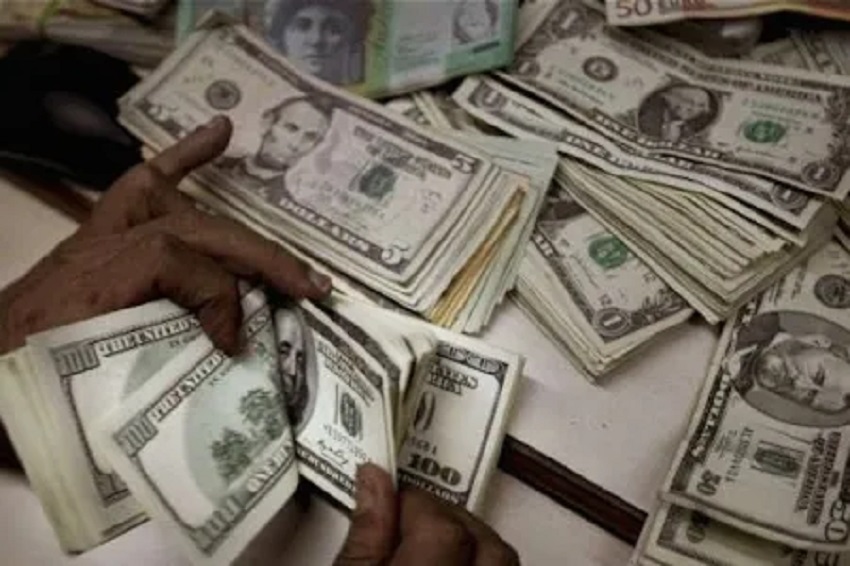
By Adedapo Adesanya
Nigeria’s net foreign exchange reserves rose 50.6 per cent to $34.80 billion at the end of 2025, marking a sharp improvement in the country’s external liquidity position.
Net foreign exchange reserves refer to a country’s readily available external reserve assets after deducting short-term foreign liabilities. This is unlike gross foreign exchange reserves, which are the full stock of external reserve assets held by a country’s central bank, without subtracting any liabilities or commitments.
In a statement issued on Monday by the Central Bank of Nigeria (CBN), citing the Governor, Mr Yemi Cardoso, it was disclosed that net reserves increased from $23.11 billion at the end of 2024 to $34.80 billion at the close of 2025, representing a $11.69 billion rise within one year.
The figure also reflects a significant recovery from $3.99 billion at the end of 2023, signalling what the apex bank described as a marked improvement in reserve quality over a two-year period.
“The Governor of the Central Bank of Nigeria (CBN), Mr Olayemi Cardoso, has stated that Nigeria’s gross and net foreign reserves showed significant improvement at the end of 2025, reflecting stronger external sector fundamentals and sustained policy reforms.
“Following his disclosure at the post-Monetary Policy Committee (MPC) press briefing on Tuesday, February 24, 2026, where he said the country’s gross external reserves stood at $50.45 billion as of February 16, 2026, Mr. Cardoso, at the weekend, said the net foreign exchange reserves, as at the end of December 2025, rose to $34.80 billion,” the statement said.
Notably, the 2025 net reserve position exceeded Nigeria’s total gross external reserves recorded at the end of 2023, which stood at $33.22 billion.
This means that the country’s liquid and unencumbered foreign exchange buffers as of end-2025 were stronger than the entire headline gross reserve level just two years earlier.
According to Mr Cardoso, gross external reserves rose from $40.19 billion at end-2024 to $45.71 billion at end-2025, reflecting a $5.52 billion increase. As of February 16, 2026, gross reserves had climbed further to $50.45 billion.
He said the improvement in both gross and net reserves reflects stronger external sector fundamentals and sustained policy reforms.
The apex bank governor attributed the surge to improved transparency and credibility in foreign exchange management, which he said boosted investor confidence and attracted stronger FX inflows.
He added that enhanced reserve management practices were aimed at preserving capital, ensuring liquidity and supporting long-term sustainability.
According to him, the expansion highlights Nigeria’s improved capacity to meet external obligations, support exchange rate stability and reinforce overall macroeconomic resilience.
He described the end-2025 reserve position as validation of the Bank’s ongoing reforms and external sector adjustments, reaffirming the CBN’s commitment to maintaining adequate buffers and orderly foreign exchange market operations.
Economy
Stanbic IBTC Bank Nigeria PMI Shows Ease in Selling Price Inflation
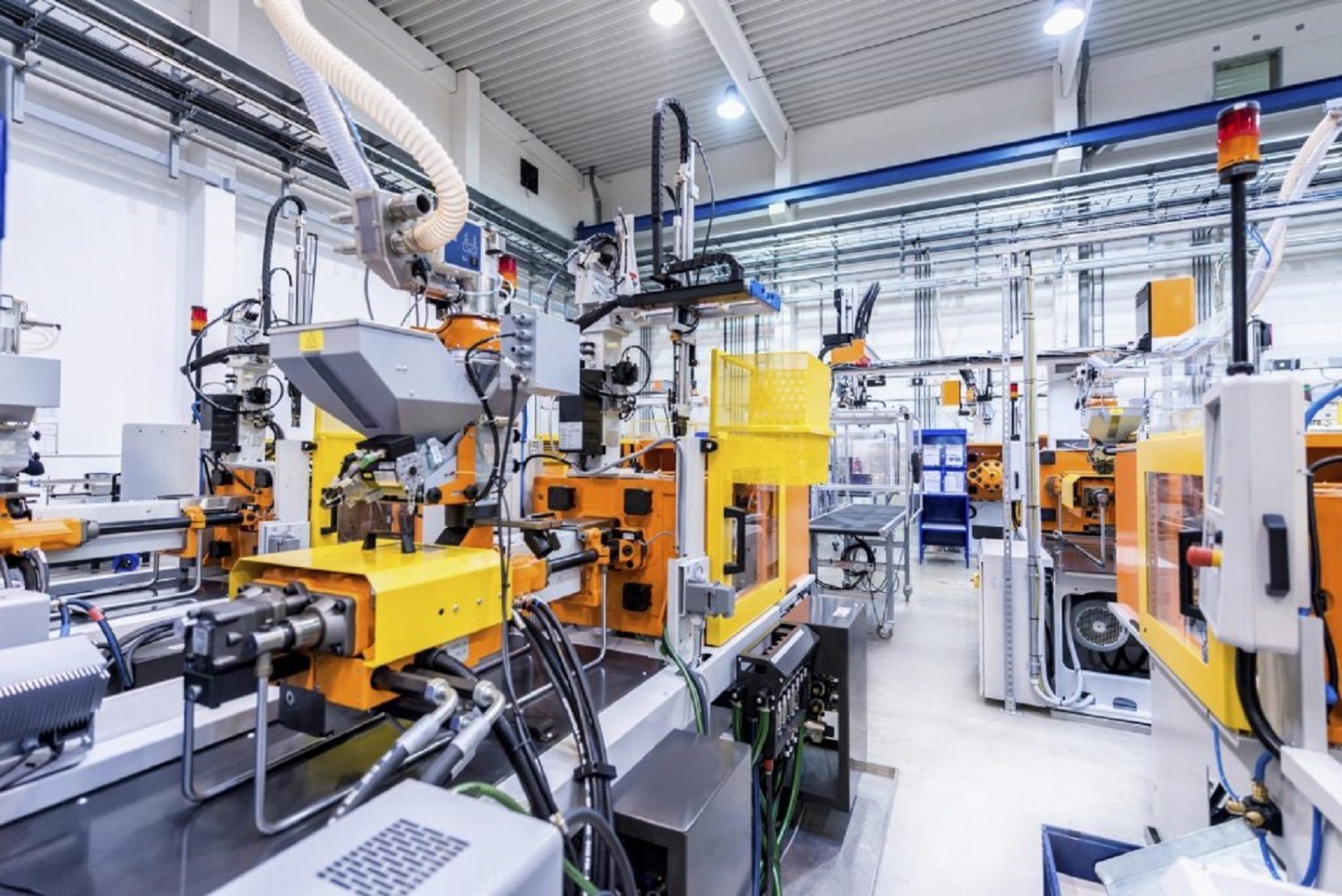
By Aduragbemi Omiyale
Selling price inflation reached its lowest level in over six years in February 2026, as the Purchasing Managers’ Index (PMI) settled at 53.2 points compared with 49.7 points in January, according to Stanbic IBTC Bank Nigeria, which takes the readings.
In the month under review, the Nigerian private sector returned to growth after a muted start to 2026, with a rise in new orders, triggered by an accelerated increase in business activity.
It was observed that the contraction in selling price inflation was influenced by an improvement in the strength of the currency.
“After the dip seen in January, the Nigerian private sector returned to growth, with the headline PMI settling higher at 53.2 points in February from 49.7 in January. This was in line with higher customer demand, which drove higher new product offerings at competitive pricing.
“Accordingly, output (55.8 vs January: 50.2) regained momentum in February while new orders (55.5 vs January: 49.9) also increased markedly in the month. Notably, the wholesale and retail sector, which had dipped in January, returned to growth, thereby ensuring that all four monitored sectors by the survey increased in February,” the Head of Equity Research West Africa at Stanbic IBTC Bank, Mr Muyiwa Oni, commented.
“Local currency appreciation helped to support softer input and output prices in February, as the Naira has been trading below N1,400 against the USD consistently since 29 January,” he added.
“Strengthening external account, higher offshore FX flows, and improvement in remittances continue to support higher FX supplies with the CBN also stepping in by buying USD in the FX market to moderate the pace of local currency appreciation,” he further stated.
Mr Oni projected that likely lower interest rates in line with lower inflation and exchange rate stabilisation should support private consumption and business investments in 2026.
“Because of these factors, we see more sectors contributing to real GDP growth rate in 2026 compared to 2025, likely translating to an improvement in the quality of lives of the citizens compared to the last two years when the citizens witnessed the full negative impact of the government’s flagship reforms,” he submitted.
-

 Feature/OPED6 years ago
Feature/OPED6 years agoDavos was Different this year
-
Travel/Tourism10 years ago
Lagos Seals Western Lodge Hotel In Ikorodu
-

 Showbiz3 years ago
Showbiz3 years agoEstranged Lover Releases Videos of Empress Njamah Bathing
-

 Banking8 years ago
Banking8 years agoSort Codes of GTBank Branches in Nigeria
-

 Economy3 years ago
Economy3 years agoSubsidy Removal: CNG at N130 Per Litre Cheaper Than Petrol—IPMAN
-

 Banking3 years ago
Banking3 years agoSort Codes of UBA Branches in Nigeria
-

 Banking3 years ago
Banking3 years agoFirst Bank Announces Planned Downtime
-

 Sports3 years ago
Sports3 years agoHighest Paid Nigerian Footballer – How Much Do Nigerian Footballers Earn






